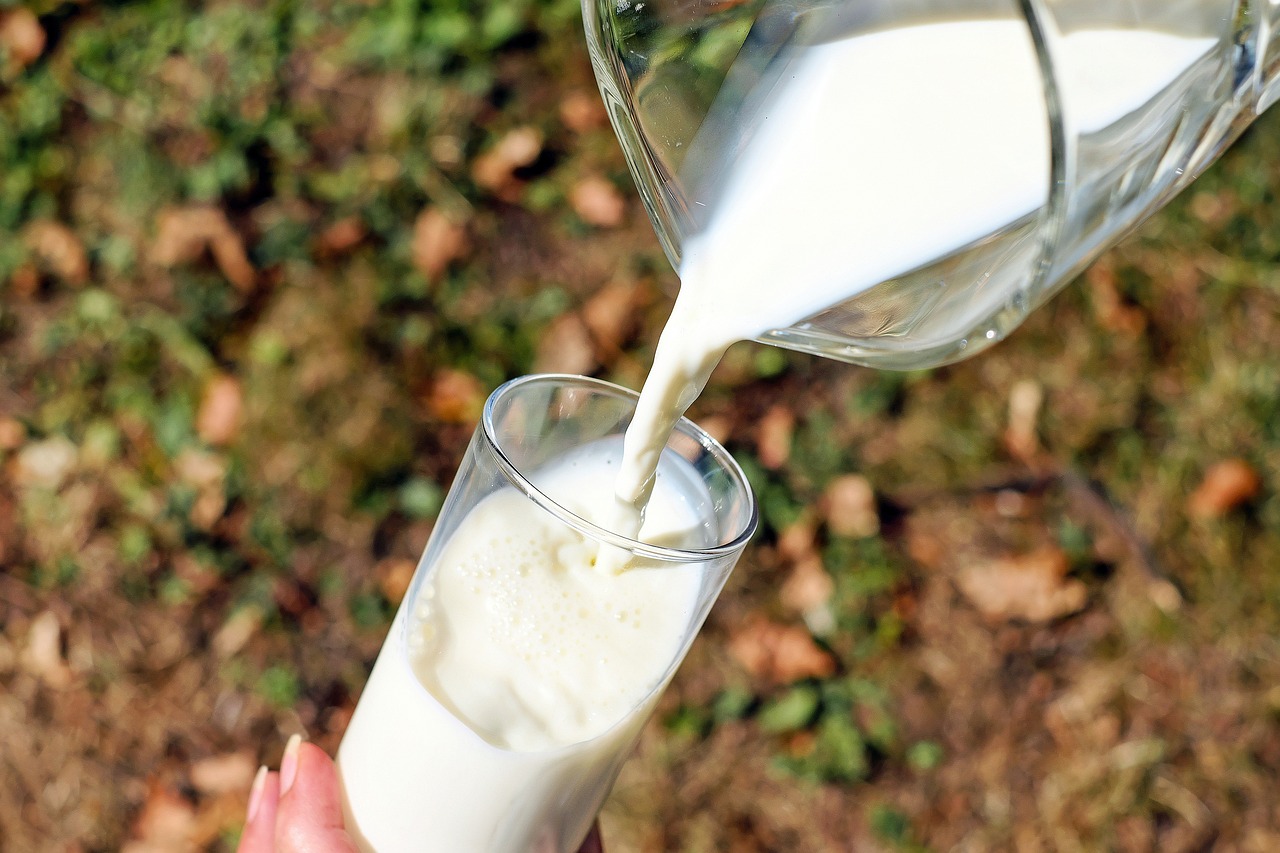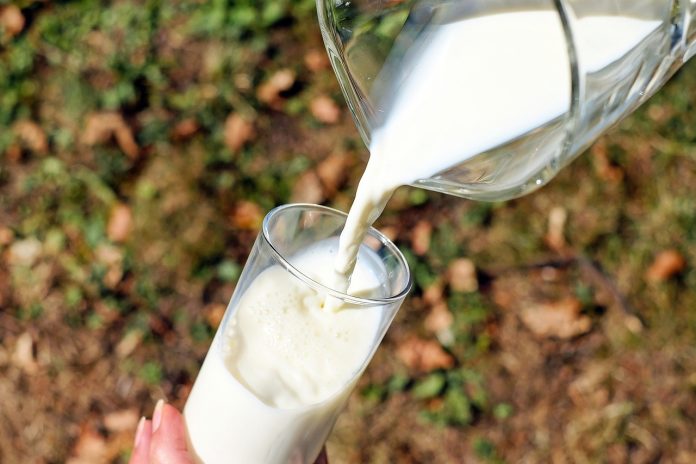A Simple Dietary Change Could Make a Big Difference
A new study suggests that consuming just one glass of milk per day may significantly lower the risk of colorectal cancer.
Researchers found that getting 300 mg of calcium daily—the amount in an 8-ounce cup of milk—can reduce colorectal cancer risk by nearly 20%. The study also reaffirmed the dangers of alcohol, red meat, and processed meats in increasing cancer risk.
Key Findings of the Study
The study, one of the largest ever conducted on diet and colorectal cancer, analyzed dietary data from over 542,000 women. Participants’ eating habits were tracked for an average of 16.6 years, during which more than 12,000 cases of colorectal cancer were diagnosed.
The research found that:
- Calcium-rich foods like milk and yogurt significantly reduced colorectal cancer risk.
- Calcium from both dairy and plant-based sources had similar protective effects.
- Drinking alcohol increased colorectal cancer risk by 15% for every 20 g (about 1.5 glasses of wine) consumed per day.
- Eating 30 g (about 1 ounce) of red or processed meat daily increased cancer risk by 8%.
- Nutrients like fiber, whole grains, folate, and vitamin C also contributed to a lower cancer risk.
How Calcium Protects Against Colorectal Cancer
The lead researcher, Dr. Keren Papier of the University of Oxford, explains that calcium may prevent cancer by binding to bile acids and fatty acids in the gut.
This process forms a harmless compound that protects the intestinal lining, reducing inflammation and preventing cancerous growths.
Does This Apply to Men Too?
Although the study focused on women, experts believe that men would likely experience the same benefits. “The risk factors for colorectal cancer don’t differ significantly between men and women, so these findings are likely applicable to both,” says Dr. Suneel Kamath, a gastrointestinal oncologist at Cleveland Clinic.
What About Calcium Supplements?
While the study highlights the benefits of calcium from food sources, researchers caution against relying on supplements. “Excess calcium from supplements may increase the risk of cardiovascular disease. It’s best to get calcium naturally from food sources like dairy, leafy greens, and fortified plant-based milk,” says Dr. Kamath.
Debunking the Myth: Sugar and Colorectal Cancer
Another surprising finding was that sugar intake showed no link to colorectal cancer. In fact, people who consumed more natural sugars from fruits and whole grains had a lower risk.
However, this doesn’t mean sugar is good for you—excessive sugar intake can still contribute to obesity, diabetes, and other health issues.
How to Reduce Your Risk of Colorectal Cancer

According to Dr. Papier, making small but consistent dietary changes can significantly lower your cancer risk. She recommends:
- Eating more calcium-rich foods like milk, yogurt, and leafy greens.
- Reducing alcohol, red meat, and processed meat consumption.
- Following a Mediterranean-style diet with plenty of vegetables, whole grains, lean proteins, and healthy fats.
- Maintaining a healthy weight and avoiding smoking.
Final Thoughts
This groundbreaking study reinforces what many health experts have long advocated—what you eat plays a crucial role in cancer prevention. While calcium alone isn’t a magic cure, incorporating more calcium-rich foods into your diet while reducing alcohol and processed meats can be a simple yet effective way to protect your health.



